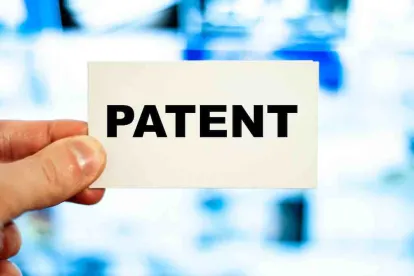The United States District Court for the District of Massachusetts recently denied a motion by Philips North America seeking leave of the Court to amend its claims of patent infringement against Fitbit to include several additional products finding Philips did not act diligently. This case serves as a reminder of the importance of timeliness in any litigation, but especially when a party’s diligence is a factor the court must consider.
In July 2019, Philips initiated a patent infringement case against Fitbit asserting certain Fitbit products infringed several of Philips’ patents covering technology related to connected-health products, such as wearable fitness trackers. The patent at issue in the instant motion was U.S. Patent No. 8,277,377, which covers methods and apparatus for monitoring the health of individuals via wireless internet connectivity.
In January 2020, pursuant to the Court’s local rules, Philips served its initial infringement contentions disclosing its infringement claims and theories, including claim charts that identify “each accused product” and provide “an element-by-element description of where and how each element of each asserted claim is found in each accused product or method.” In May 2020 Philips supplemented its initial contentions, but did not allege infringement by any new Fitbit products. Thereafter, in December 2020, Philips notified Fitbit that it intended to seek leave to add four newly-released Fitbit products to its infringement contentions, explaining it did not know and could not have known about these new products until Fitbit publicly announced their release between March and August 2020. Although the parties attempted to negotiate an agreement concerning amendments to Philips’ contentions, one never materialized, and Philips waited until March 31, 2021 to file its motion for leave to amend.
In analyzing Philips’ motion, Chief Judge F. Dennis Saylor IV explained infringement contentions can be “amended and supplemented only by leave of court upon a timely showing of good cause,” which requires a court to “consider the moving party’s diligence and any prejudice to the non-moving party.” Here, the Court found “there is a substantial question whether plaintiff acted diligently in seeking to amend its infringement contentions” as Philips waited to amend its contentions (1) between six months and one year after the new Fitbit products were released, and (2) almost four months after notifying Fitbit in December 2020 that it intended to amend.
In an attempt to justify the delay, Philips contended it did not file earlier because, after notifying Fitbit in December 2020 of its desire to amend its contentions, the parties engaged in negotiations regarding a stipulation concerning the amendment. The Court was not persuaded, and held that while a stipulation could have mitigated the effect of the delay, Philips’ “‘notification’ is . . . without legal effect . . . and the fact remains that plaintiff did nothing for many months after that ‘notification.’” Accordingly, the Cd infringing behavior and the filing of the motion to amend infringement contentions.” In addition, the Court found Fitbit would be prejudiced byourt concluded Philips did “not meet its burden of demonstrating diligence given the substantial delay between the time it became aware of the allege the amendment as the amendment may introduce new legal theories into the case and may require reopening of fact discovery.
While there may be strategic reasons to delay pursuing an amendment to an infringement contention, such as while a client evaluates whether a certain product infringes a patent at issue, Philips emphasizes that timeliness matters and attorneys and clients must be diligent in pursuing amendments once on notice of the alleged infringement. Some jurisdictions have found a two or three month delay in seeking to amend demonstrated a lack of diligence. Thus, it is important for practitioners to be cognizant of their case timelines. Failing to do so, as this case demonstrates, can have serious consequences. More broadly, while the Federal Rules of Civil Procedure provide that courts should freely grant leave for parties to amend their pleadings, timeliness and diligence still factor into a court’s analysis, and as Philips demonstrates, some delays are simply not justifiable.


 />i
/>i
